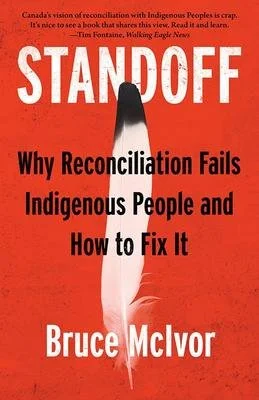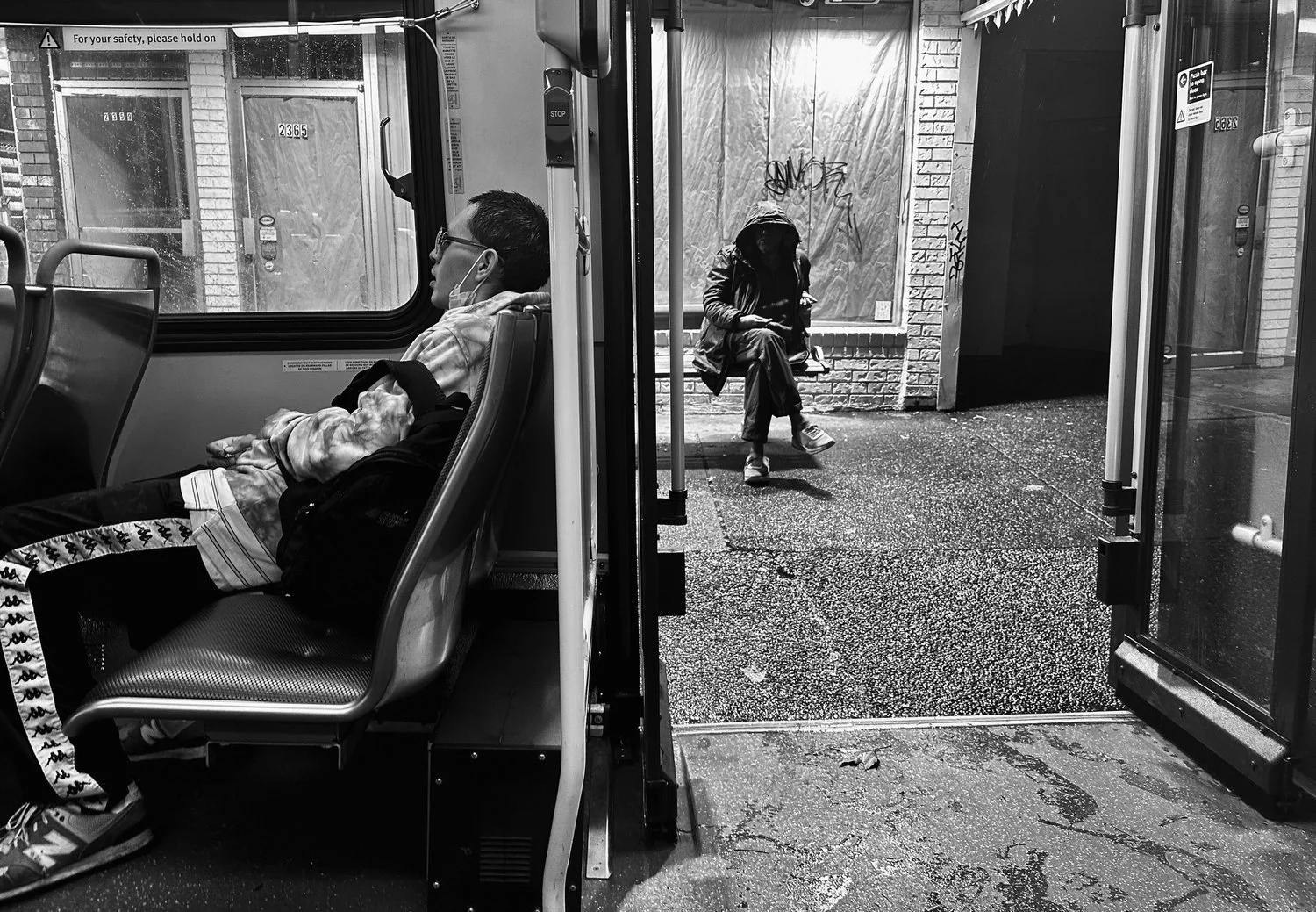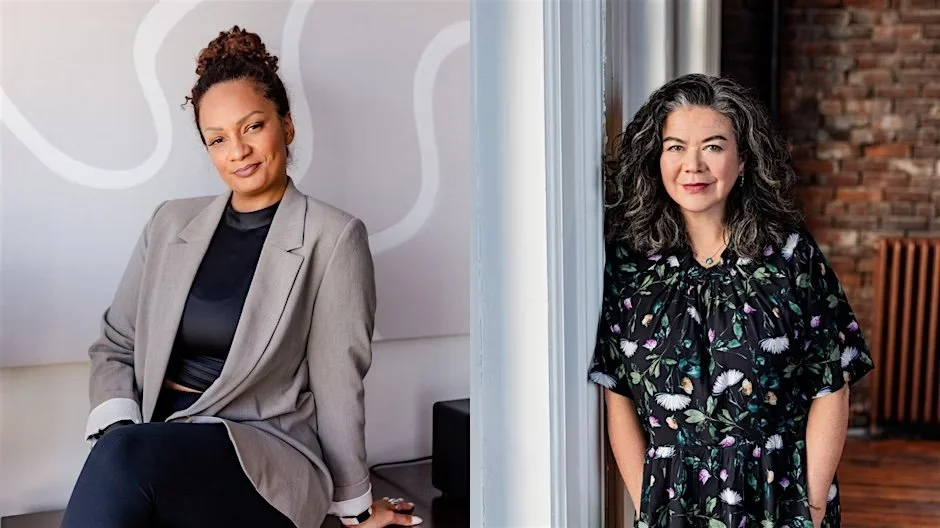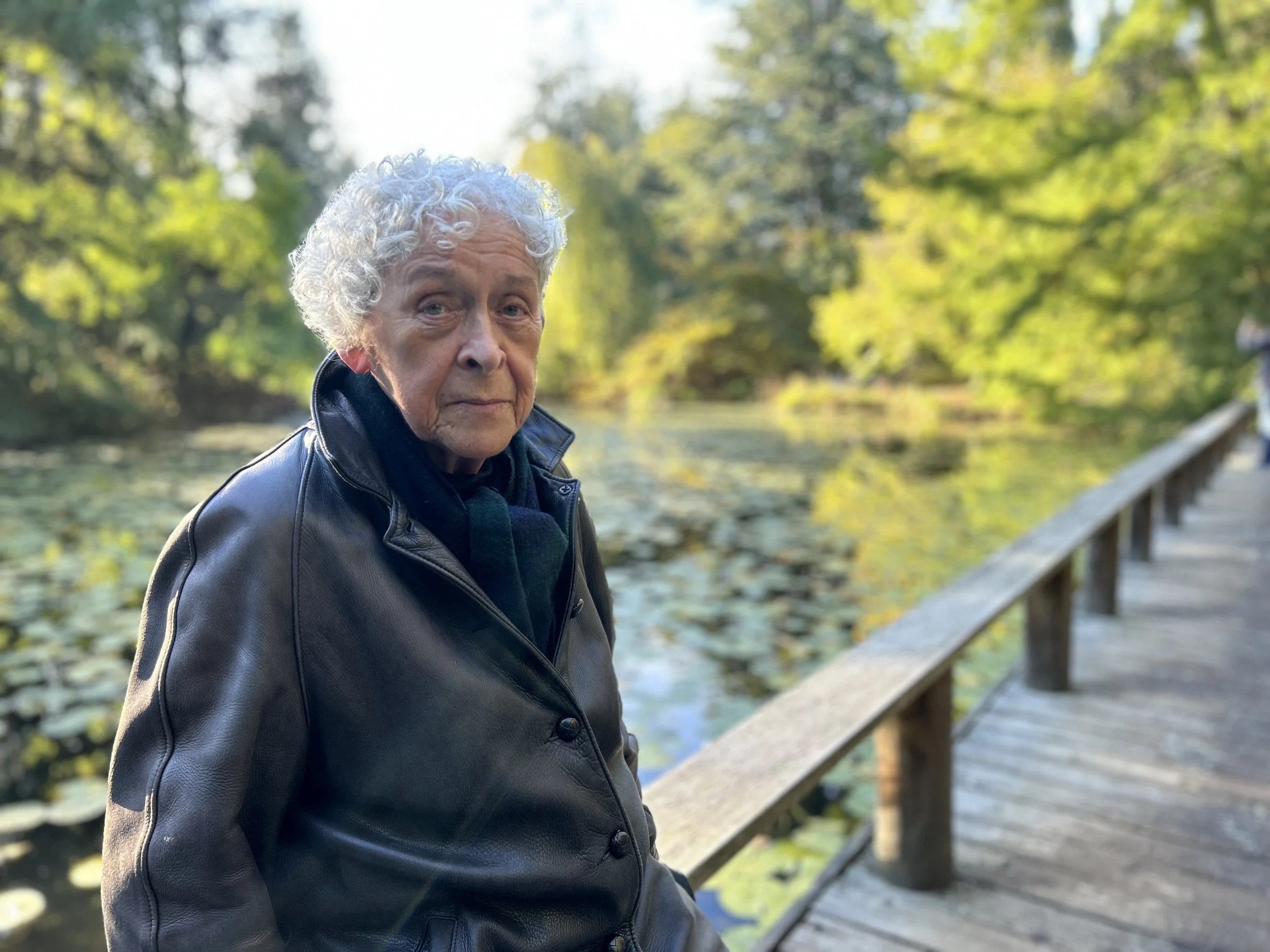Reading List: November reads bring cause for hope
The team at Upstart & Crow shares recommendations for books that can change the world for the better
THERE ARE DAYS, let’s face it, when it’s tempting to cry out, “Stop the world, I want to get off!”.
There actually was a popular song of that title in England back in the 1960s, so the idea that the human experiment sometimes feels a bit overwhelming isn’t exactly new.
Nor is the idea that we are not all helpless bystanders, that we can get out there and lend a hand, that together we can bend the arc of history towards justice, as Martin Luther King once said.
What to do, where to intervene, who to believe … Well, we all have different ways of getting information but of course at Upstart & Crow our bias is towards books. And in particular, stories that can change the world for the better.
To that end, we want to share a few titles that we think bring cause for hope, books that help us make sense of the world and inspire us to take positive action to make the world a kinder, gentler place.
One book we are really proud to announce is a slim but seminal text by a colleague of ours, Chris Brookfield. Field Notes from Systems Change (The Magic Canoe) is a deep, personal examination and set of insights gathered from field work in “edge” communities around the world.
Brookfield argues that human empowerment is the ultimate business model, which is a comforting thought given the damage that industrial systems have wrought on the planet, and on human communities everywhere. His argument isn’t just theoretical, but rather is based on actual experience building successful, large-scale enterprises in some of the poorest communities on Earth.
In this era of massive pushback against failing institutions that seem incapable of responding to existential threats like climate change, it is heartening to learn about patterns of development and innovation that arise from unlikely collaborations in and with communities.
Field Notes is both a guide and an inspiration to trust that the wisdom found at the grassroots can be harnessed in ways that are much more powerful, rewarding and hopeful than anything on offer from aging systems that favour power at the centre.
Meanwhile, in The Environmentalist’s Dilemma: Promise and Peril in an Age of Climate Crisis (ECW Press) Arno Kopecky wrestles cleverly about the paradox of human development having delivered, depending on where you live, some spectacular advances in health outcomes, food security, gender equality, mobility, public education and much more, while all the while we are fast killing the planet.
“It’s like we have turned Noah’s ark into a humans-only party yacht and sailed it to the edge of Niagara Falls. There are a million distractions aboard, but only three actions as far as the waterfall goes. You can struggle against all odds to turn the ship around, stare numbly into the abyss, or turn your back and dance.”
Kopecky is both a realist and an optimist who gives us any number of good reasons to stay on deck and try to turn the mother ship around. He even sees hope in our fractured political systems. “The more individuals act like they believe in something, the more pressure it puts on our leaders to act like they believe it, too.”
In Standoff: Why Reconciliation Fails Indigenous People and How to Fix It (Nightwood Editions), lawyer and historian Bruce McIvor explores an oft-invoked but frustratingly elusive idea: reconciliation. Why are we failing to achieve it, and what can actually be done to turn talk into action?
Standoff is an apt name for what is happening in Canada. From the leader of our country taking a vacation during the first National Truth and Reconciliation Day, to more unmarked graves being uncovered, to the continued, systemic oppression of Indigenous rights: Canada continues to talk a big game about reconciliation while failing to walk that talk.
McIvor has reported from the frontlines of legal and political disputes and often explains to government officials why their policies are failing. He writes, “Ignorance is not an absence. Ignorance is a force. It justifies. It silences. It perpetuates.”
But, there is hope. As he continues: “The past is more than a memory. It can oppress. It can light the way. The choice is ours.” McIvor’s essays are necessary reading as we make that choice for the better.
Unless you’re a billionaire with your own rocket ship, it’s pretty hard to leave Earth. Better to stick around and figure out how to leave it a little better for generations to come.















